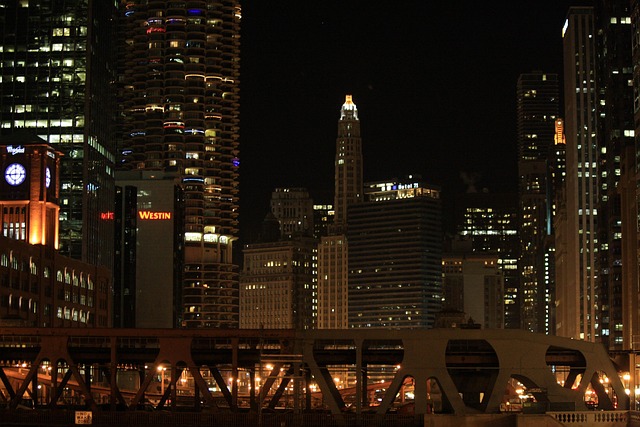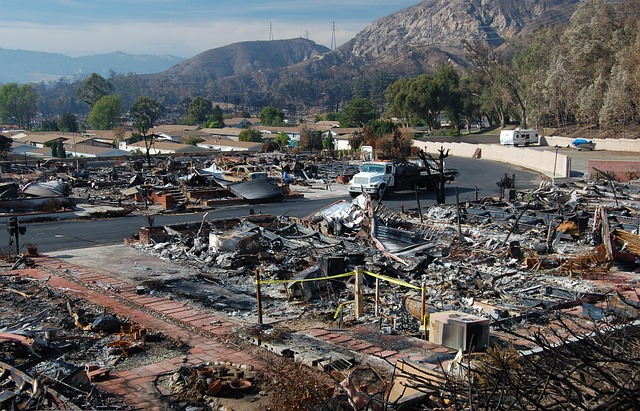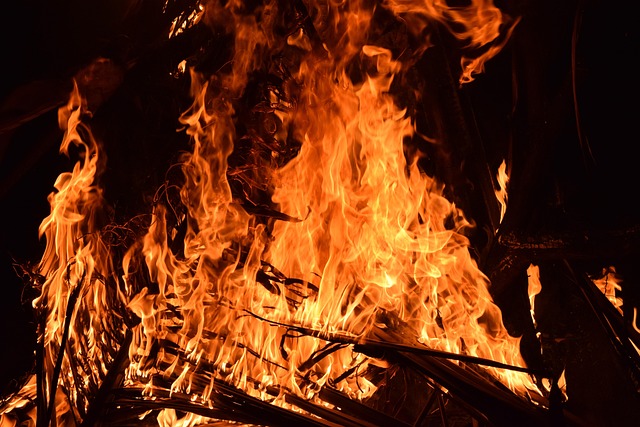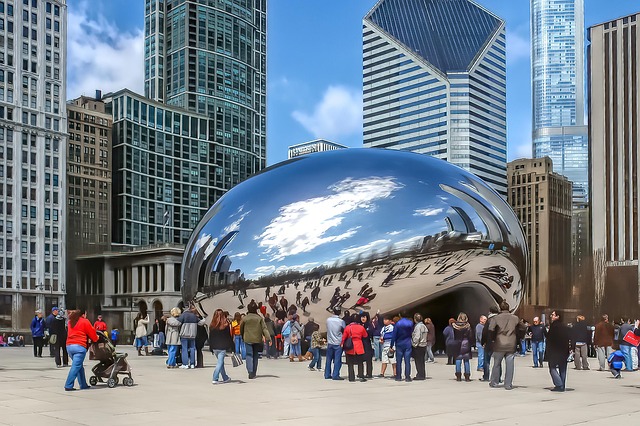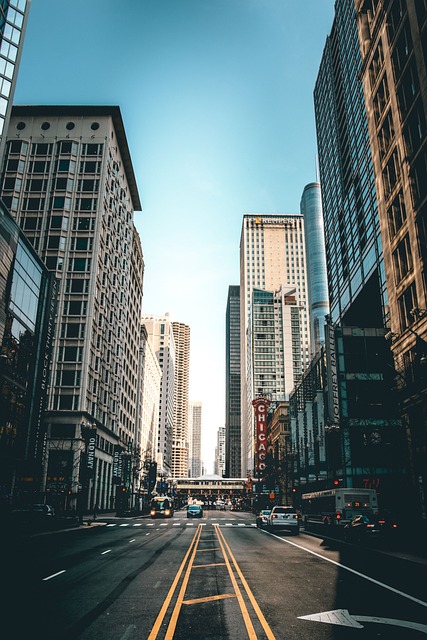Selling a fire-damaged house in Chicago requires adhering to stringent city regulations for safety, property value preservation, and fair real estate practices. Homeowners must obtain permits, undergo inspections, and conduct thorough repairs while complying with building codes. The process involves meticulous documentation, transparency, and engagement with professional contractors to ensure compliance, foster trust, and enhance property appeal to potential buyers.
“Chicago housing regulations form a complex yet crucial framework for homeowners and real estate professionals. This article offers an in-depth look at navigating these rules, particularly when it comes to selling a fire-damaged property in Chicago. From understanding comprehensive housing regulations to tips for safe rehabilitation, we guide you through the legal requirements, ensuring compliance during the sale of a fire-damaged house in this vibrant city. Essential insights for those seeking to sell and renew.”
- Understanding Chicago's Housing Regulations: A Comprehensive Overview
- Selling a Fire-Damaged House: Navigating Legal Requirements in Chicago
- Permits and Inspections: What You Need to Know Before You Sell
- Tips for Safe and Compliant Home Rehabilitation in Chicago
Understanding Chicago's Housing Regulations: A Comprehensive Overview
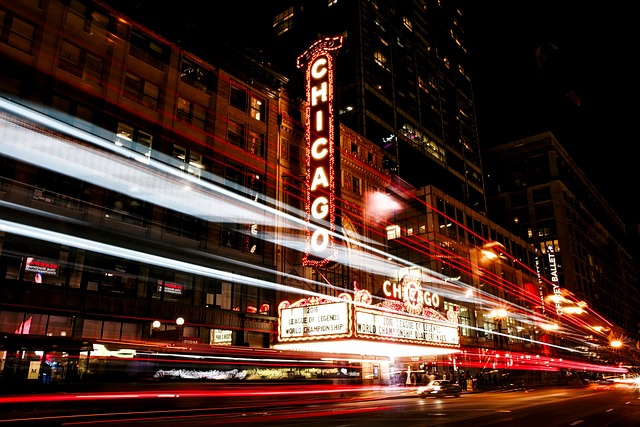
Chicago’s housing regulations are designed to ensure safety, maintain property values, and promote fair practices in the real estate market. When it comes to selling a fire-damaged house in Chicago, understanding these regulations is crucial. The city has strict guidelines for repairing and rehabilitating properties, especially after disasters like fires.
Before putting a fire-damaged home on the market, owners must comply with local building codes and safety standards. This often involves extensive renovations to bring the property up to code. Chicago’s Department of Building and Zoning provides resources and guidance for homeowners navigating this process, including permits, inspections, and financial assistance programs. For those looking to sell, being aware of these regulations is key to a successful transaction, ensuring both buyer and seller protection.
Selling a Fire-Damaged House: Navigating Legal Requirements in Chicago
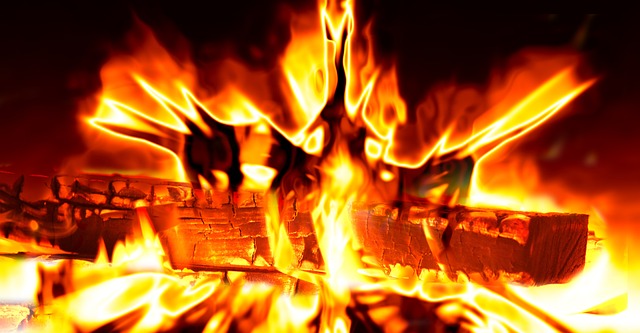
Selling a fire-damaged home in Chicago involves navigating specific legal requirements designed to protect buyers and ensure safe living conditions. If a property has experienced fire damage, it must meet certain standards set by the City of Chicago before it can be sold again. This includes comprehensive inspections to assess the extent of the damage and ensure that any structural issues or hazards have been adequately addressed.
Real estate agents and potential buyers should familiarize themselves with the local building codes and safety regulations related to fire-damaged properties in Chicago. The process often involves obtaining repair estimates, conducting thorough repairs, and potentially securing certifications from authorized professionals. Proper documentation and transparency throughout this process are essential to a smooth sale and to comply with Chicago’s housing regulations for selling a fire-damaged house.
Permits and Inspections: What You Need to Know Before You Sell

Before selling a fire-damaged house in Chicago, understanding the permits and inspections process is crucial. The city has strict regulations to ensure safety and proper renovation standards for all residential properties. For any structure that has been affected by a fire, a thorough inspection is required to assess the damage and determine if the repairs meet building codes. This process involves obtaining a permit from the Chicago Department of Buildings, which allows contractors to legally undertake renovation work.
Homeowners selling a fire-damaged property should be prepared for this step as it can impact the timeline and cost of the sale. It’s essential to disclose any known issues with the property during the sales process to ensure transparency between the seller and buyer. Additionally, buyers will likely require their own inspections to verify the work done and identify potential hidden problems, especially in older homes or those that have not been properly maintained.
Tips for Safe and Compliant Home Rehabilitation in Chicago
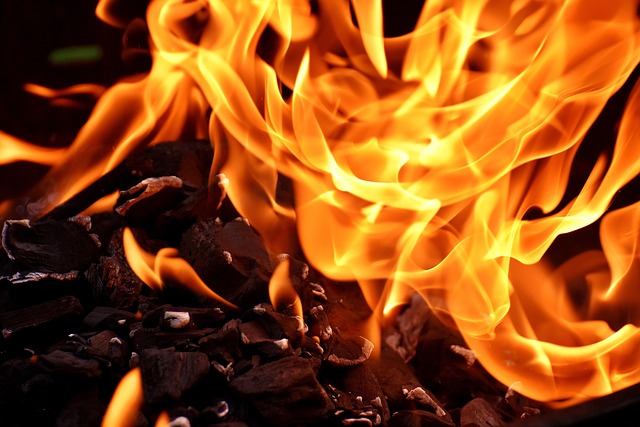
When undertaking home rehabilitation, especially after a fire damage in Chicago, it’s crucial to adhere to local regulations for safety and compliance. Start by obtaining the necessary permits from the city before beginning any construction or renovation work. This ensures your project meets all structural, electrical, and plumbing codes. Engage professional contractors familiar with these regulations to avoid costly mistakes.
For a selling a fire damaged house Chicago, prioritize safety measures such as installing smoke detectors, fire sprinklers, and proper ventilation systems. Address any structural issues caused by the fire, ensuring the integrity of walls, roofs, and foundations. Keep detailed records of all repairs, renovations, and permits to demonstrate compliance during the sales process, enhancing your property’s appeal to potential buyers.
Chicago’s housing regulations, particularly when it comes to selling a fire-damaged property, require thorough understanding and adherence to legal requirements. Navigating permits and inspections is crucial for a smooth sale, while safe and compliant rehabilitation practices ensure the well-being of future occupants. By following these guidelines, homeowners can effectively navigate the process of selling a fire-damaged house in Chicago, transforming challenges into opportunities for a bright future.
